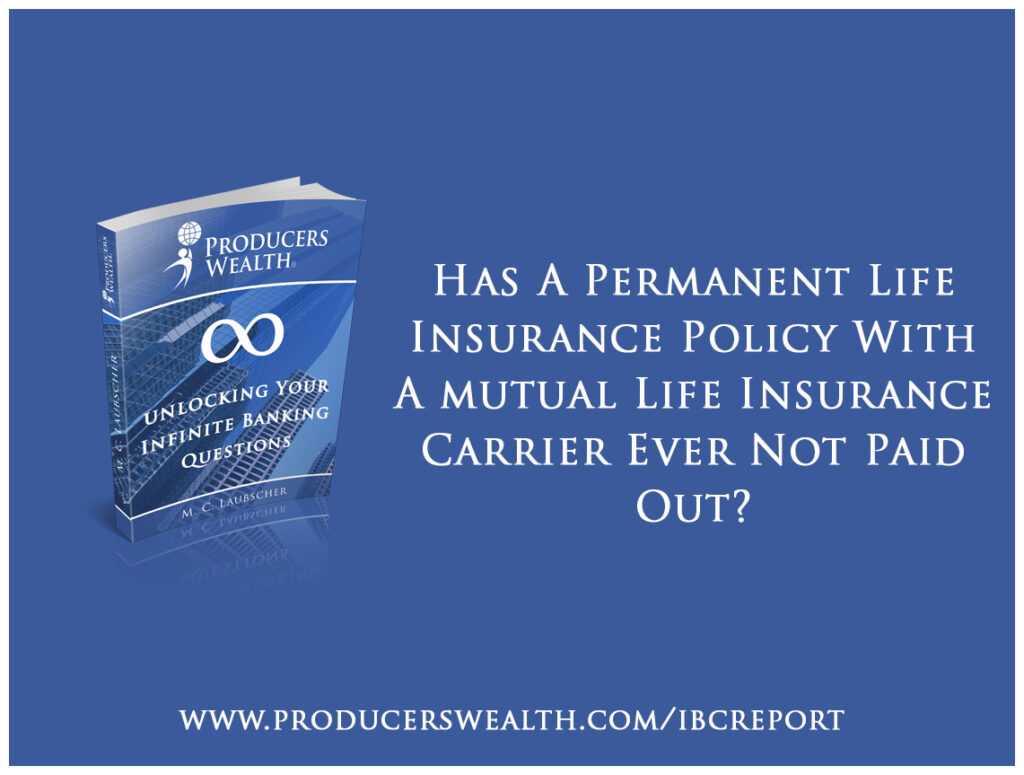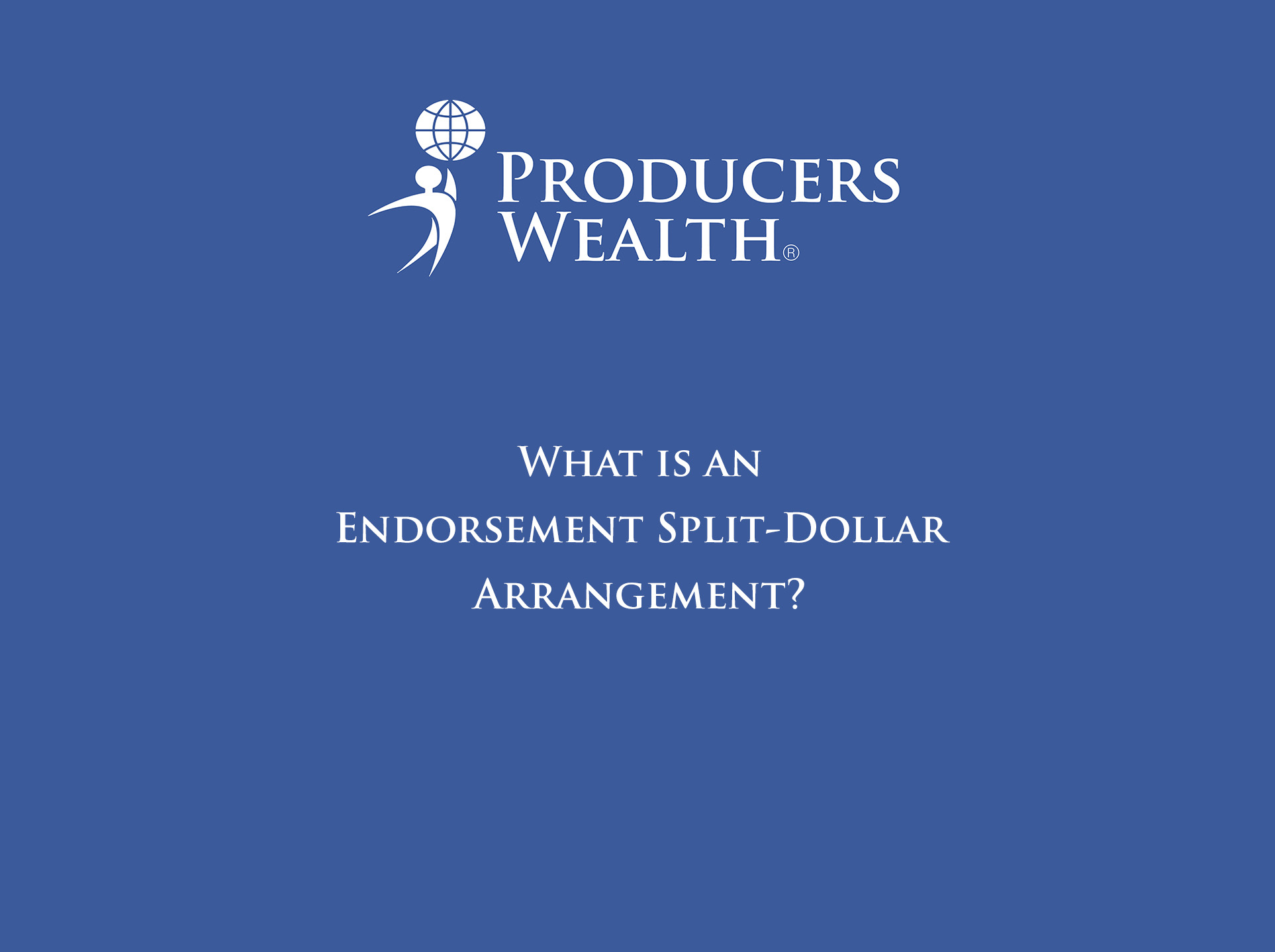
It is extremely rare for a permanent life insurance policy not to pay out in the United States, as long as the policy is in force and premiums have been paid as required.
However, there are a few situations in which a permanent life insurance policy may not pay out:
Policy lapse: If a policyholder stops paying premiums and the policy lapses, the life insurance policy may not pay out. Some permanent life insurance policies have a grace period to allow for late premium payments, but once that grace period ends, the policy will lapse, and the death benefit will not be paid.
Fraud or misrepresentation: If a policyholder provides false information on their life insurance application or engages in fraudulent activity, the insurance company may deny the death benefit. Examples of fraud or misrepresentation include lying about health conditions, age, or other factors that could impact insurability.
Suicide clause: Most life insurance policies include a suicide clause, which typically states that if the insured dies by suicide within the first two years of the policy, the death benefit will not be paid. Instead, the insurance company will usually return the premiums paid to the beneficiary.
Contestability period: Life insurance policies generally have a contestability period, which is typically two years from the policy’s effective date. During this period, if the insured dies, the insurance company may investigate the claim and can potentially deny the death benefit if they find any misrepresentation or fraud on the application. After the contestability period ends, the insurance company usually cannot contest the claim based on application misrepresentation.
It’s important to note that these situations are relatively rare, and the vast majority of permanent life insurance policies pay out as intended.
Policyholders can help ensure their policies pay out by maintaining premium payments, providing accurate information on their applications, and being aware of any specific policy provisions or exclusions.
Watch all of our educational videos on Infinite Banking here.
Disclaimer and Waiver
Michiel Laubscher & Laubscher Wealth Management LLC is not an investment advisor and is not licensed to sell securities. None of the information provided is intended as investment, tax, accounting, or legal advice, as an offer or solicitation of an offer to buy or sell, or as an endorsement, of any company, security, fund, or other offerings. The information should not be relied upon for purposes of transacting securities or other investments. Your use of the information contained herein is at your own risk. The content is provided ‘as is’ and without warranties, either expressed or implied. Michiel Laubscher & Laubscher Wealth Management LLC does not promise or guarantee any income or specific result from using the information contained herein and is not liable for any loss or damage caused by your reliance on the information contained herein. Always seek the advice of professionals, as appropriate, regarding the evaluation of any specific information, opinion, or other content.





